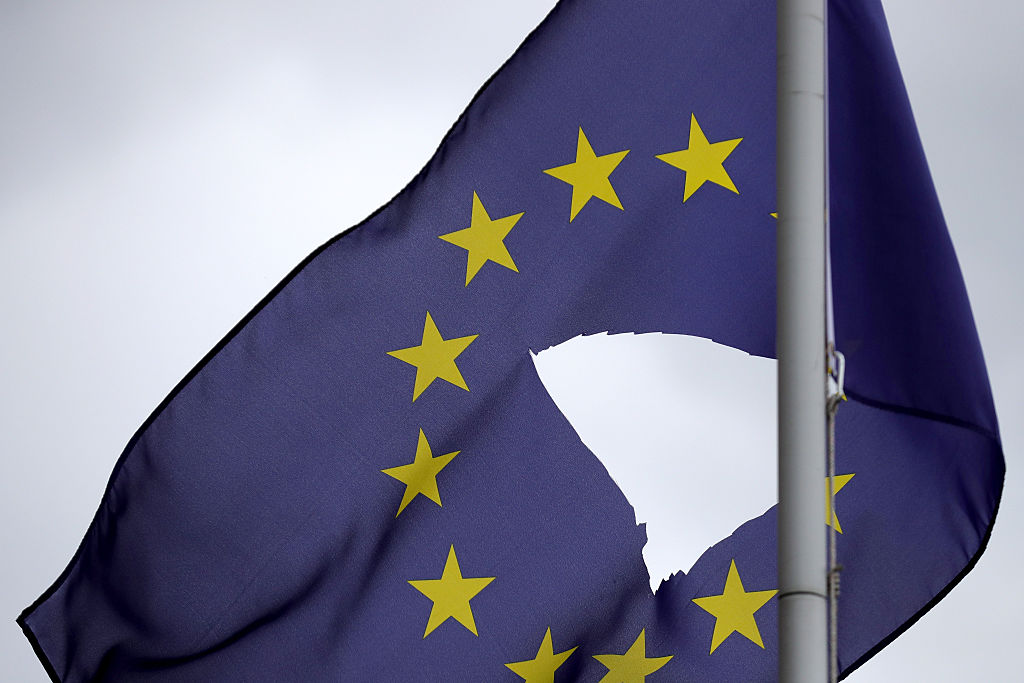Rumours continue to circulate that if a long extension were to be granted by the European Union, it could be flexible. This would mean that Britain could officially depart from the bloc earlier than the agreed-upon exit date if a deal were secured between the UK and the EU27.
I’m unsure what about the past two-and-a-half years could make someone think that MPs will pull together and unite around a deal before crunch time. I remain deeply sceptical that a long extension could ever encourage a shorter exit process – evidenced by not one, but two requests for an Article 50 extension in the past six weeks.
Putting scepticism aside, there’s an interesting parallel to be drawn between the EU’s attitude towards a flexible extension, and the Eurosceptics’ attitude towards the most controversial element of the Withdrawal Deal – the backstop. EU officials and Brexiteers appear to share a very similar concern.
Politico reports that EU diplomats are worried about a “rogue UK” continuing to operate in European institutions, as it takes its sweet time to depart the EU. This wouldn’t simply be reflected in EU elections – a possible ‘statement’ moment in which voters will have a chance to make their feelings about the Brexit process known to politicians – but also in day-to-day decision making, around budgets, taxes, and regulations.
The EU has been making louder noises around tax harmonisation and even the possibility of an EU army since the UK voted to depart – knowing that a main obstacle to such integration (i.e. Britain) would not be there much longer. So having not yet departed, and with a seat still at the table, a vote and a veto, the UK could put the EU’s future plans on hold, making it difficult to get new legislation over the line. EU reps are right to worry about such circumstances (Politico reports there is talk of possible clauses to try and mitigate intentionally non-cooperative behaviour). Understandably the EU doesn’t want the UK dictating its future, now that it’s voted to leave.
But this is the same concern many Brexiteers share over the backstop – they don’t want the UK’s future dictated by the EU, having voted to leave the bloc. The trap of the backstop – tying Northern Ireland into the single market and the whole UK into a customs union indefinitely – translates to British trade agreements, regulatory policy and taxes being set by the EU. Not only will critical areas of economic policy remain in the EU’s control, the UK will be even more disadvantaged than it is now, having no representatives in the European parliament or a vote or veto in Council. This is not simply intolerable from a sovereignty perspective; it removes the UK’s ability to take advantage of the main opportunities of Brexit; that is, to secure its own free trade policies and to set its own tariffs (ideally lowering them, making imported goods cheaper and more accessible for British consumers).
The EU’s fears of a unruly UK in the European Union are just as legitimate as the Eurosceptics’ concern of an unshackled EU making decisions for the UK post-Brexit. If you understand one perspective, it’s only consistent to understand the other.
Kate Andrews is Associate Director at the Institute of Economic Affairs







Comments